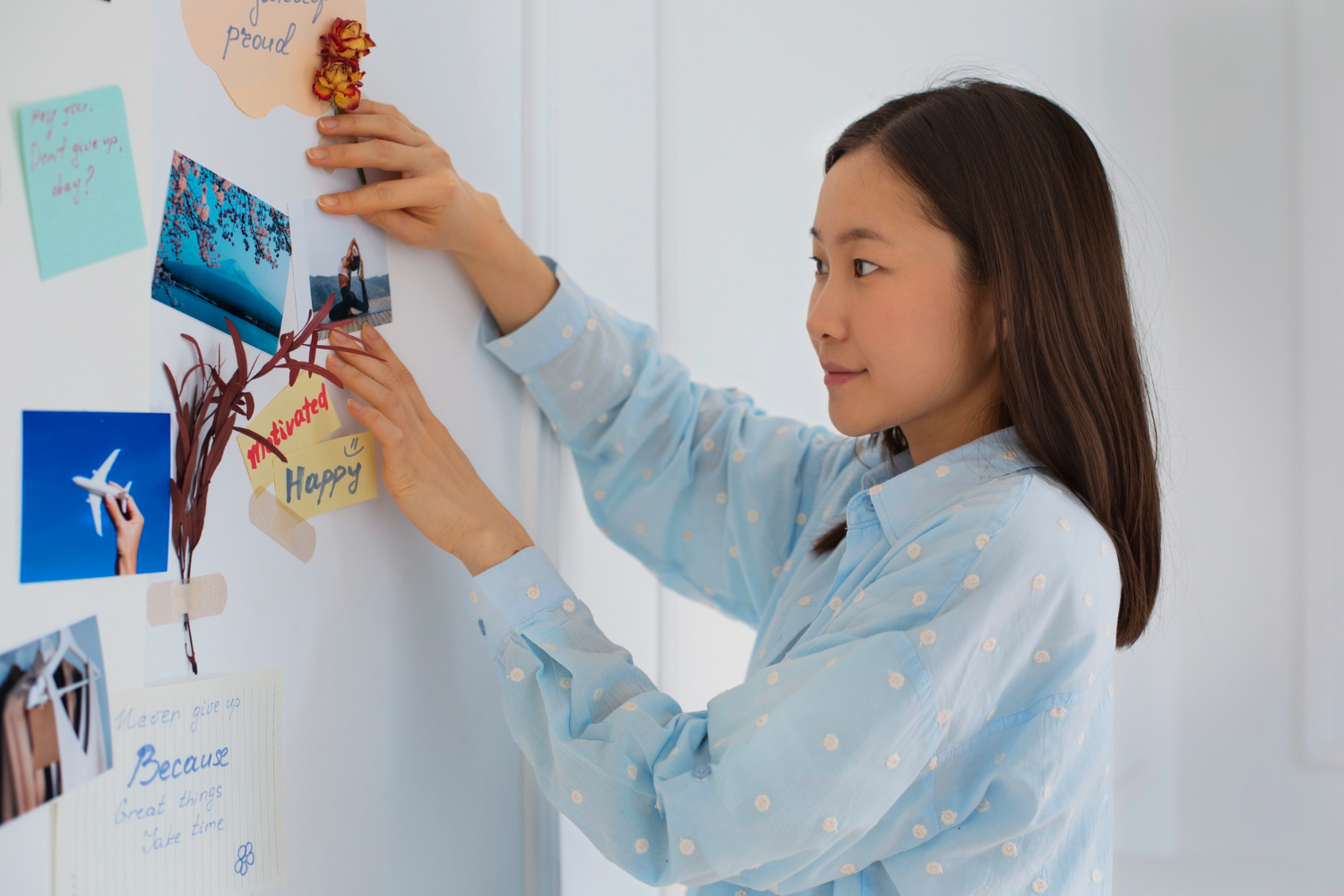Introduction:
Holistic nursing has emerged as a transformative approach that recognizes the interconnectedness of the mind, body, and spirit within the context of an individual's environment. Going beyond traditional healthcare models, holistic nursing addresses not just the symptoms but also explores the root causes of illness. As we celebrate the dynamic journey of holistic nursing, it is crucial to understand the pivotal role these nurses play and explore the promising future that holistic care holds
.
I. Holistic Nursing: A Comprehensive Approach
Holistic nursing is founded on a holistic assessment that delves into various dimensions of an individual's well-being. This goes beyond the physical, encompassing emotional, mental, and spiritual aspects. Holistic nurses consider environmental factors that influence health, creating a comprehensive evaluation that serves as the cornerstone for personalized care plans.
Therapeutic relationships form the essence of holistic nursing, emphasizing effective communication and active listening. This approach ensures that patients feel heard, understood, and actively participate in decisions regarding their care. Holistic nursing embraces integrative modalities such as aromatherapy, acupuncture, massage, and mindfulness techniques, complementing traditional medical interventions to address diverse patient needs.
II. Use of Complementary Therapies and Alternative Medicine by Holistic Nurses
Holistic nurses actively integrate complementary therapies and alternative medicine into their practice to enhance the overall healing and well-being of their patients. These encompass a variety of approaches, such as:
Mindfulness and Meditation:
Holistic nurses incorporate mindfulness and meditation techniques to reduce stress levels and enhance mood, recognizing the profound impact of mental well-being on overall health.
Yoga and Tai Chi: Integrating physical activities like yoga and Tai Chi into their practice, holistic nurses aim to improve patients' physical strength and flexibility, recognizing the interconnectedness of physical and mental health.
Acupuncture and Acupressure:
To alleviate pain and reduce anxiety, holistic nurses often employ techniques like acupuncture and acupressure, acknowledging the effectiveness of these traditional methods in promoting holistic healing.
Herbal Medicine:
Herbal medicine is utilized by holistic nurses to support the healing process, acknowledging the potential benefits of natural remedies in complementing conventional medical interventions.
Aromatherapy:
Aromatherapy, known for its calming effects, is employed by holistic nurses to promote relaxation and address emotional well-being as an integral part of the healing process.
Massage Therapy:
Holistic nurses frequently integrate massage therapy into their practice to alleviate pain and reduce stress, recognizing the physical and emotional benefits of touch-based therapeutic interventions.
Holistic nurses employ a diverse range of healing and integrative methods, utilizing manipulative body techniques, biofield treatments, stress reduction strategies, deep breathing exercises, stress management approaches, and energy-based therapies. Whether in a hospital or personal practice setting, holistic nurses embrace these modalities to provide a comprehensive and patient-centered approach to healthcare, acknowledging the significance of addressing the physical, mental, and emotional aspects of healing.
III. The Dynamic Role of Holistic Nurses
Health Promotion and Disease Prevention:
Holistic nurses are at the forefront of preventive healthcare, emphasizing health promotion to empower patients in taking control of their well-being. Education on lifestyle choices, nutrition, exercise, and stress management becomes integral in preventing illnesses and enhancing overall health.
Patient Advocacy:
Advocacy lies at the core of holistic nursing. Holistic nurses champion for patients, ensuring their unique needs and preferences are considered in the care planning process. Collaboration with multidisciplinary teams facilitates the creation of holistic approaches to treatment.
Emotional and Spiritual Support:
Recognizing the profound impact of emotions and spirituality on health, holistic nurses provide essential emotional support and facilitate spiritual care. Addressing mental and spiritual well-being alongside physical health becomes a crucial aspect of holistic nursing practice.
IV. The Future of Holistic Care: A Glimpse Ahead
Integration into Mainstream Healthcare:
The future of healthcare is marked by a shift towards a more patient-centered and holistic model. Holistic nursing principles are gaining recognition, with a growing emphasis on integrating these approaches into mainstream healthcare. This integration aims to enhance overall patient outcomes and create a more comprehensive and effective healthcare system.
Technology and Innovation:
Holistic care is not untouched by the rapid advancements in technology. The future will likely witness the integration of innovative technological solutions in holistic nursing practices. This includes leveraging technology for patient engagement, remote monitoring, and personalized care plans, thus enhancing the overall quality of care provided.
Holistic Education and Research:
With the increasing demand for holistic care, the future will see a heightened focus on educating healthcare professionals, including nurses, in holistic principles. Ongoing research endeavors will contribute to evidence-based practices, solidifying the critical role of holistic nursing in the evolving healthcare landscape.
Conclusion:
The role of holistic nursing in healthcare is evolving, driven by a commitment to comprehensive patient care and a recognition of the interconnected nature of health and well-being. As we celebrate the journey of holistic nursing, the future appears promising. By integrating holistic principles into mainstream healthcare, embracing technological innovations, and fostering ongoing education and research, holistic care is poised to lead the way in creating a more compassionate, patient-centered, and effective healthcare system. The holistic nurse stands as a beacon of change, steering healthcare towards a future where the individual is treated in entirety, promoting wellness and healing at every level.
Be updated to nursing news and jobs here












